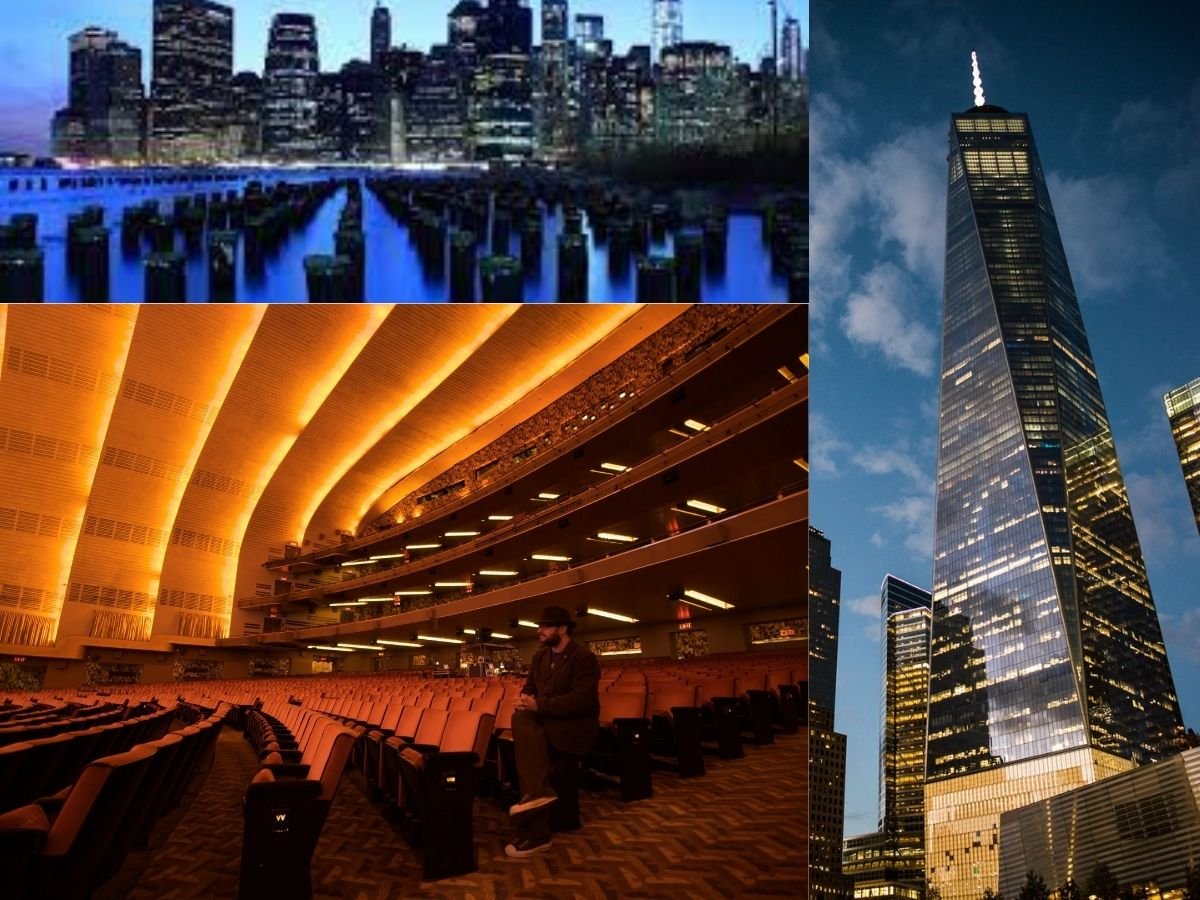Chicago was the only city of the country’s 20 biggest to lose populace in 2016. According to data recently divulged by the US Census Bureau, Chicago also lost roughly double the number of residents as it had the prior year.
This is the city’s third consecutive year of experiencing a significant decrease in population size. Chicago’s population plunged by 8,638 residents between 2015 and 2016, to 2,704,958. Prior to that year, it fell by 4,934.
The population of the larger Chicago area, which is delimited by the Census Bureau as being the city and suburbs which extend into Wisconsin and Indiana, is declining as well. Numbers publicly divulged in March displayed a cut of 19,570 residents in 2016—this is the paramount loss of any metropolitan area in the nation.
Illinois’ population decreased greater than any other state in 2016, nearly 37,508 people, according to census data released in December.
Chicago’s population decrease is part of a greater pattern of stunted urban growth in 2016. The nation’s top cities did not experience the same surge as they had in previous years, experts claim.
During the recession of 2008, families decided to remain in or move to central urban areas, and relocation to the suburbs slowed considerably. Currently, as families recover economically, they’re concluding that it’s time to move back to the suburbs. This is a trend experts believe has the potential to keep city populations stagnant for the next few years.
Illinoisans in recent years have commonly headed in the direction of Sun Belt states, like Texas, Arizona and Florida, contributing to the local population loss. Throughout the years following the recession, migration to those states decelerated, but then it rose back up again as states in the South and West had more job opportunities and affordable housing.
Although the major cities in those states consistently grow, they aren’t growing as quickly as they have in the past years. Houston, which experienced the second-largest upsurge among major cities in 2015, when it gained 40,817 residents, expanded by 18,666 residents in 2016.
Last year, demographers informed the Chicago Tribune that Houston’s growth in 2015 was an indication that it could surpass Chicago within a decade as the nation’s third-largest-city. However, with the decelerating growth of big cities overall, experts aren’t certain that it will occur so rapidly.
Even New York didn’t experience as much growth in 2016 as it did in prior years. The city grew by 21,171 people, which is considerably less than the 44,512 people in 2015 and 49,530 in 2014.
“The big city growth we saw at the beginning of the decade is not quite as evident in the last couple years,” declared William Frey, who is a demographer with the Brookings Institution who analyzes census data.
By the majority of the predictions, Chicago’s population will continue waning. Over the last year, the Chicago Tribune surveyed dozens of past residents who revealed that they have chosen to leave and move elsewhere for multiple reasons: high taxes, the state budget stalemate, crime, the unemployment rate and weather.
Black residents have previously been among the members of the populace exiting in search of safe neighborhoods and prosperity—as a result of such, many are turning to the suburbs and warm-weather states. Chicago lost 181,000 black residents between the years of 2000 and 2010, according to census data.
Chicago’s population fall continues to be a consequence, primarily, of losing residents to other states. Roughly 89,547 residents left Chicago and its surrounding suburbs for other states in 2016. This is a number that couldn’t be offset by new residents and births, according to an analysis of census data divulged in March. The number of people leaving the Chicago region is the highest since 1990, at the very least.
More heavily than any other city within the nation, Chicago has relied on Mexican immigrants to balance out the sluggish growth of its native-born population. During the 1990’s, immigration made up the considerable majority of Chicago’s growth. Following 2007, when Mexican-born populations commenced to drop throughout the nation’s major metropolitan areas, most cities managed to counter the loss with the growth of their native populations. Chicago, on the other hand, could not do so.
The whole Midwest has been experiencing a loss of residents, according to census data. Detroit lost 3,541 residents from 2015 to 2016, and Milwaukee lost 4,366. However, job and business opportunities continue to be stronger in neighboring Midwestern states than in Illinois, which has been a major reason for why Chicagoans go to other parts of the Midwest than vice versa, experts claim.
The largest quantity of Illinois residents in the past years have moved to Texas, followed by Florida, Indiana, California and Arizona, based on the 2013 Internal Revenue Service migration data.
Chicagoans are more inclined to continue heading to those warmer states—which would be compatible with the fact that, in 2016, the South was home to 10 of the 15 fastest-growing large cities. The population of Texas overall continues to increase, and the Census Bureau placed five Texas cities on its list of major cities with the greatest population growths.
Michael Bennett, 43, moved to Houston in search of a job in 2008, but was so intent on staying a Chicagoan that he kept his Lincoln Park home, and would fly back on spare weekends and holidays. Despite his best efforts to remain loyal to his city, he sold his property and permanently settled in Houston in 2015, declaring that his “romance and love for Chicago couldn’t outweigh” his concerns about the city.
The cost of living was too high, he asserted. Property taxes continually increased. His home was mugged twice. “It’s not just limited to poor neighborhoods. Trouble could strike anywhere,” he affirmed.
He had relocated to Chicago in 2005 after spending the majority of his life in Michigan. Living in Chicago had always been a dream of his, and he continues to miss being on the lakefront and strolling down Michigan Avenue. However, according to him, Houston offers a diverse, cultural lifestyle similar to that of Chicago. He’s received job offers to return to Chicago, but even a higher salary would not make the move financially worth it given the increasing property taxes, he stated.
Bennett revealed that he believes there will soon be a “tipping point” in Chicago, when more residents come to the conclusion that it’s time to go.
“It’s just sad to see that people have to leave the city to protect their own future cost of living,” he stated.
Featured Image via Wikimedia.










































What is happening in Chicago is similar to what is happening in San Francisco. Good job including history.
I would have never guess Chicago to be losing such a large population due to its popular attractions and history.
I find this so interesting as Chicago is one of the biggest and seemingly most popular cities in the world
I can fully understand why people are moving. Not only is it unsafe but also unaffordable.
I’ve been living in Chicago for a while, and can completely see why people want to move, it is way to expensive to live here
As a college student in Boston I completely understand why people in Chicago are moving, it’s becoming too expensive for anyone to live in a city anymore. Something needs to be don’t about city-living costs.